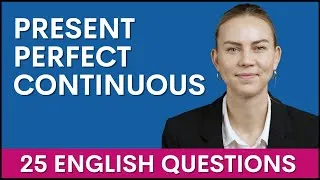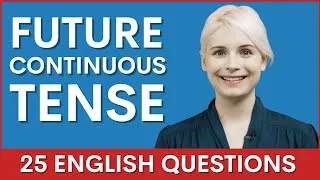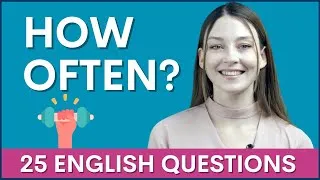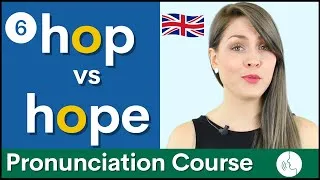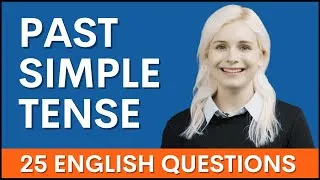Basic English Grammar Course | Future Simple Tense | Learn and Practice
79,893 views ・ 2020-11-24
வீடியோவை இயக்க கீழே உள்ள ஆங்கில வசனங்களில் இருமுறை கிளிக் செய்யவும்.
New videos
Original video on YouTube.com
ஆங்கிலம் கற்க பயனுள்ள YouTube வீடியோக்களை இந்த தளம் உங்களுக்கு அறிமுகப்படுத்தும். உலகெங்கிலும் உள்ள சிறந்த ஆசிரியர்களால் கற்பிக்கப்படும் ஆங்கில பாடங்களை நீங்கள் காண்பீர்கள். ஒவ்வொரு வீடியோ பக்கத்திலும் காட்டப்படும் ஆங்கில வசனங்களில் இருமுறை கிளிக் செய்து, அங்கிருந்து வீடியோவை இயக்கவும். வசனங்கள் வீடியோ பிளேபேக்குடன் ஒத்திசைவாக உருட்டும். உங்களிடம் ஏதேனும் கருத்துகள் அல்லது கோரிக்கைகள் இருந்தால், இந்த தொடர்பு படிவத்தைப் பயன்படுத்தி எங்களைத் தொடர்பு கொள்ளவும்.


